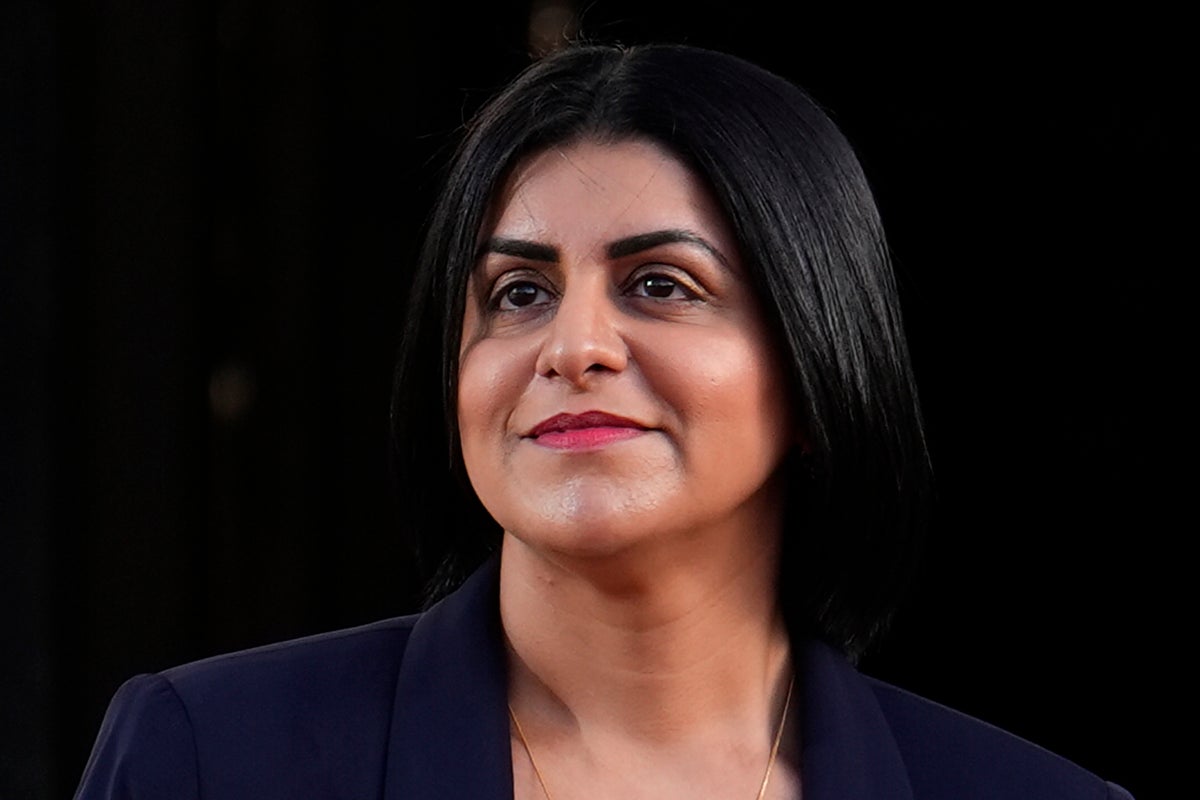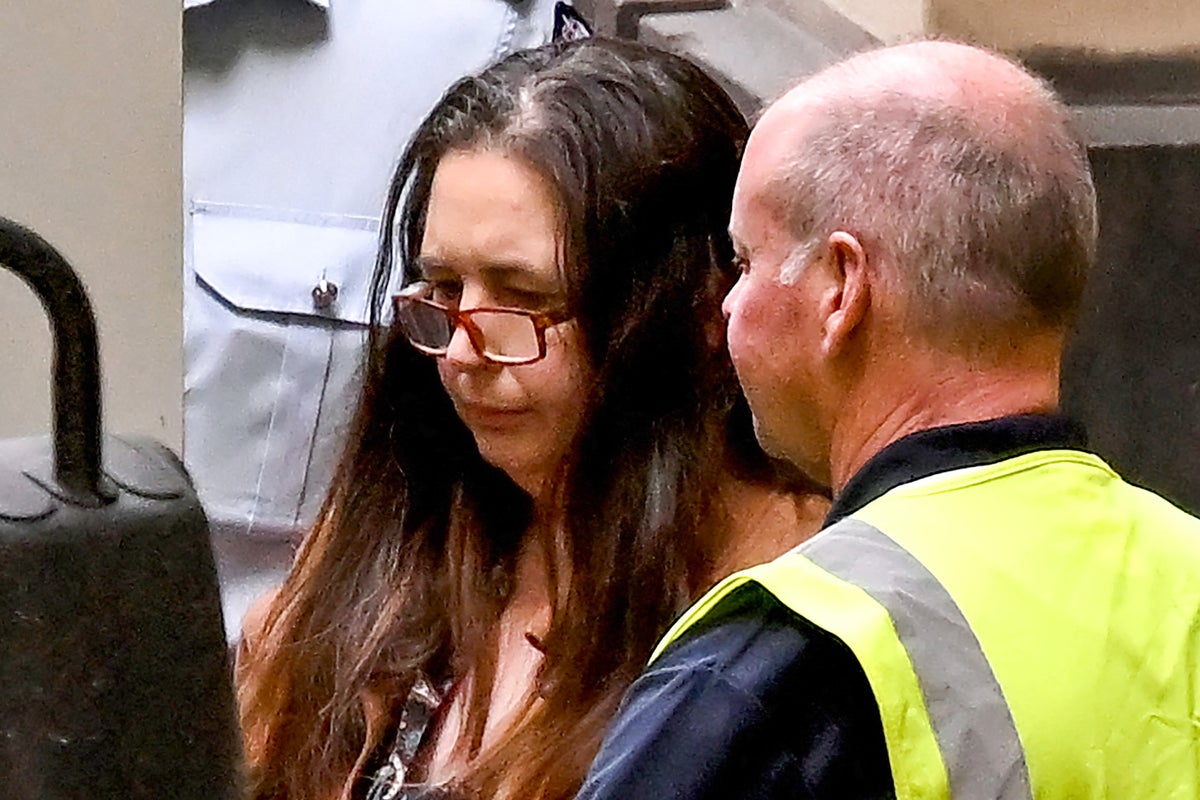Darragh MacIntyre, Stephen Dempster & David Hunter Spotlight

International drugs cartels are increasingly using Northern Ireland to smuggle drugs into the UK and mainland Europe, a senior police officer has confirmed.
Det Ch Supt Emma Neill told Spotlight that this development is also contributing to more drugs than ever before being seized here.
The can reveal international cartels are taking advantage of trade and security arrangements in Ireland to offload drugs at sea for onward transport.
Over £13m worth of illicit drugs have been seized by the Police Service of Northern Ireland (PSNI) so far this year. Its seizure figures show an increase of around 130% each year since 2022.
Some of the imports have been intercepted, however there are concerns that more drugs are moving through the country than are being stopped.
In May, 185kg of cocaine, worth an estimated street value of £18.5m, was also seized in a joint NCA and Border Force operation.
The drugs were discovered hidden in the floor of a lorry container at Belfast Port, believed to have been bound for Scotland, after coming from mainland Europe via Dublin.
It was described as the largest single cocaine seizure in Northern Ireland since records began.
 NCA
NCAA joint investigation by Spotlight and Panorama has also examined links between international cartels and a 2.2 tonne shipment of cocaine found on board the MV Matthew cargo ship off the Irish coast in 2023.
Eight men have been jailed for their roles in the €157m (£135m) cocaine seizure, which was the largest in the history of the Irish state.
Police say the drugs were destined for mainland Europe or Great Britain.
If they were headed to Great Britain – it is likely the drugs would have been taken through Northern Ireland and ferried across the Irish sea.
The Irish border poses “no challenge” to international smugglers, according to Det Ch Supt Neill, who is the head of the PSNI’s Organised Crime Branch.
“Borders are not prohibitive for them at all. They will exploit any vulnerability,” she said.
“We would assess that the border does not present any challenges for organised crime groups and the interconnectivity throughout the island of Ireland is clear.”
Despite the successful mission to intercept the MV Matthew, the Maritime Analysis Operations Centre (MAOC), which polices the transatlantic drug trade, says 100 ships suspected of trafficking drugs to Europe were not stopped last year because the authorities didn’t have enough vessels to intercept them.
- Read more about the MV Matthew here.
 Irish Defence Forces
Irish Defence ForcesWhere are the drugs coming from?
Much of the cocaine coming into the UK and Ireland is first shipped from South America to the big European ports in places like Rotterdam and Antwerp.
However, security there has been tightened – forcing the drug gangs to seek out new routes.
That is where the coastlines of Britain and Ireland come in.
One increasingly popular method involves dropping drugs from large ships to smaller vessels to collect at sea.
The smaller vessels then bring the drugs ashore.
There is evidence the international cartels have been targeting the Irish coastline because Ireland has had difficulty, in recent years, putting Irish Navy ships to sea, due to a lack of personnel.
At any one time, Ireland may only have one or two ships to protect 132,000 square kilometres of water.
Smugglers also have direct access from the island of Ireland to UK and EU markets with relatively few routine customs checks.
 An Garda Siochana
An Garda SiochanaWhat’s being done to stop drugs imports?
Since 2023, half a dozen attempts to traffic large quantities of cocaine into and through Ireland have been uncovered by An Garda Síochána (Irish police).
The Irish Government says it maintains a “continuous presence and vigilance” within its maritime domain.
A statement added that funding for defence will increase by €600m (£520.4m) – a 55% increase.
It said “significant initiatives” have also resulted in the stabilisation of Naval Service strength.
Chief Supt Neill told Spotlight: “We are seizing more drugs than ever before.”
However, increased freight movements make it difficult for authorities to find all illicit imports.
“I think it is beyond just the lack of customs provision,” she said.
“It is about the volume and frequency of those routes and the growth in those routes.
“They will seek to utilise legitimate freight movements to move their commodities around.
“We have seen the use of people who have specialist skills in logistics to facilitate these importations.”
The PSNI monitors up to 50 organised crime groups at any given time in relation to smuggling activities, some of which are involved in the drugs trade.
“They will vary in terms of level of threat, risk and harm that they pose to our community and indeed their level of sophistication,” Det Ch Supt Neill said.
“Some of those will be involved in street level dealing and some of those will be higher and more sophisticated in terms of the networks that they use to bring drugs into Northern Ireland.”
The NCA estimates the UK consumes about 117 tonnes of cocaine annually and has the biggest market in Europe.
However, Det Ch Supt Neill says a multi-agency response is needed to tackle the issue.
“We cannot arrest our way and seize our way out of this,” she said.
“Our community needs to understand the risks that they’re putting themselves at.
“We have a significant drug-related death issue here in Northern Ireland.”



